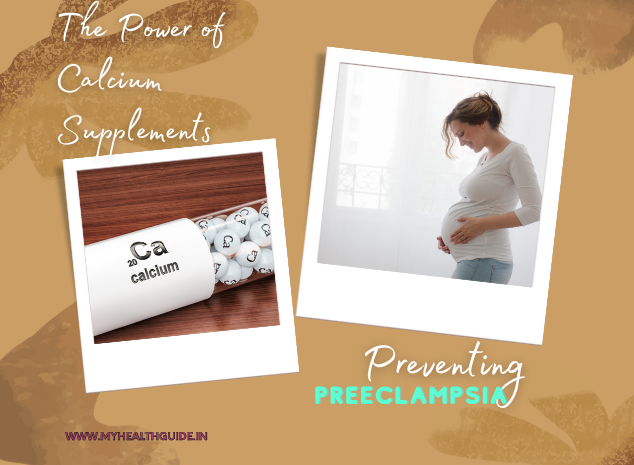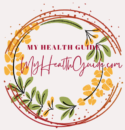Being pregnant is a beautiful journey full of joy and hope, but it can also be hard at times. One of these worries is preeclampsia, a disease that some pregnant people have. Learn how calcium supplements can prevent preeclampsia in this blog. Get clear info for a healthy pregnancy.
Even though no one knows for sure, there is proof that not getting enough calcium may play a role in getting preeclampsia.
Calcium is vital for blood clotting, muscle function, and nerve communication in the body. As a woman gets pregnant, her body needs more calcium to help her bones, teeth, and overall growth progress. Not getting enough calcium may increase the risk of preeclampsia, so pregnant women should think about taking supplements.
Not every calcium tablet is the same. It’s important to pick a vitamin that the body can easily use, like calcium carbonate or calcium citrate. Making sure that your supplement plan fits your needs and health is important, you should talk to your doctor before starting any supplement plan.
Different sources say that pregnant women should get between 500 milligrams of calcium every day. Eating certain foods and taking vitamins are both ways to get this. Calcium is in dairy, leafy greens, and fortified foods. However, pregnant women may need to take extra calcium to meet their needs.
Calcium supplements can reduce the risk of preeclampsia, according to research. Calcium helps control fluids, maintains healthy blood vessels, and regulates blood pressure at a healthy level.
Taking a calcium supplement as part of your pregnancy care may help protect you even more from getting preeclampsia.
Calcium is vital for the mother and baby’s development, not only for preventing preeclampsia but also in other ways. Having sufficient calcium is important for a baby’s bones and teeth to develop and grow, ensuring a healthy skeleton. It also helps the blood clot, which is very important during labor and birth.
Calcium works better when taken with vitamin D and magnesium for maximum benefits. So, eating a variety of foods that are high in nutrients is important for both the mother and the baby’s health.
Recognizing signs of low calcium can help pregnant women address potential issues in advance. Muscle cramps, tingling or stiffness in the fingers and toes, and in the worst cases, seizures may be signs. If any of these symptoms happen to you, you should talk to your doctor about them.
A doctor can check your health and recommend ways to improve it, like changing what you eat or taking calcium pills.
Calcium pills can help, but you shouldn’t use them instead of a healthy diet. To ensure you receive all the necessary vitamins and minerals, consume a diverse range of nutrient-rich foods. These may include nuts, dairy products, leafy greens, and fortified foods.
Your doctor may recommend changes to your diet or supplements based on your needs and medical history. Regular checkups and talking to your healthcare team will help you and your baby get the best prenatal care plan.
Prenatal care can include sharing genuine experiences from mothers who took calcium supplements while pregnant. Sharing personal stories can inspire pregnant women to prioritize their nutritional needs.
These stories show the advantages of making healthy choices ahead of time. One example is taking calcium pills to ensure a smooth and safe pregnancy.


Pingback: Influenza: What You Need to Know about the Flu- THE #1 Guide